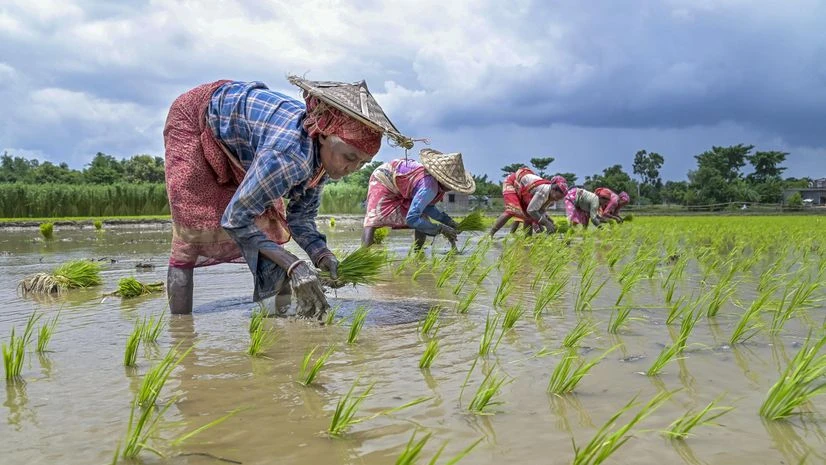Just days before the Budget, the quarterly bulletin by Indian Council for Research on International Economic Relations (ICRIER) arm Agriculture Policy, Sustainability, and Innovations (APSI) has underscored the dire need to double the current budgetary allocation for agriculture research and development (R&D) in order to broaden its impact.
The bulletin was released recently and said despite numerous initiatives and increased expenditures on agricultural R&D, there is a pressing need to scale up these efforts for broader impacts. This calls for higher allocations of funds.
Click here to connect with us on WhatsApp
Eminent agriculture economist Ashok Gulati is the chief editor of the bulletin, which comprises chapters written by various experts.
“Achieving this would require nearly doubling the current budgetary allocation for agriculture research and development expenditure (ARDE) from the current Rs 9,941 crore allocated to the Department of Agricultural Research and Education (DARE) within the next 2-3 years,” a chapter in the bulletin said.


It said previous studies have shown that each rupee invested in agriculture research yields a much higher return (11.2) compared to investments in fertiliser subsidies (0.88), power subsidies (0.79), education (0.97), or roads (1.10).
More From This Section
“Therefore, reallocating funds from fertiliser and power subsidies to agricultural R&D could significantly enhance food and nutritional security amid climate change challenges,” the chapter said.
Underscoring the need to push research from the lab to the field, the report said that since 2014, the National Agricultural Research System under — the aegis of the Indian Council of Agricultural Research (ICAR) — released 2,380 varieties of various field crops, but El Nino in 2013 brought down agri-GDP growth to 1.4 per cent in FY24 compared to 4.7 per cent in FY23.
Among these ICAR-released varieties, 1,971 are climate-resilient, including cereals (913), oilseeds (335), pulses (364), forage crops (106), fibre crops (189), sugarcane (54), and potential (underutilised) crops (10).
“We need some satisfactory answers to this. One plausible answer is that whatever has been done so far is not enough to protect Indian agriculture from extreme weather events. Or, there is a serious lack of extension-related activities that may have aided in research moving from lab to land,” it added.

)